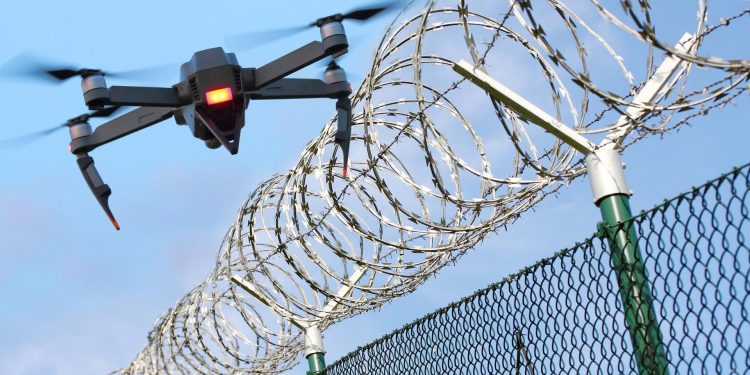Basotho second-highest group in illegal crossings as South Africa steps up digital border surveillance
The Border Management Authority (BMA) of South Africa has revealed that 1,921 Basotho were among over 6,000 people intercepted while attempting to cross the country’s borders illegally during the Easter period, making them the second-largest group after Zimbabweans.
The interceptions came as part of a 10-day nationwide border operation conducted from April 15 to April 24, across South Africa’s 71 official ports of entry. During a media briefing on Monday, BMA Commissioner Dr Michael Masiapato said the success of the operation was largely driven by the use of drone technology and other smart surveillance tools.
“This marks a turning point in how we secure our borders,” said Masiapato. “The introduction of smart surveillance is proving critical in monitoring and responding to unlawful border activity.”
Basotho nationals accounted for nearly one-third of the 6,253 individuals intercepted by border officials. Of the total number:
- 4,795 were undocumented migrants
- 1,059 were declared “undesirables”
- 403 were deemed inadmissible due to fraudulent documents or failure to produce mandatory health certificates such as yellow fever cards
The majority of arrests were Zimbabwean nationals at 2,019, followed by Basotho (1,921), Mozambicans (1,143), and others including Swati nationals making up the remaining 1,170.
South Africa, which shares a long and porous border with Lesotho, has long grappled with challenges related to illegal migration, cross-border smuggling, and trafficking. The latest operation also coincided with a significant increase in cross-border traffic, with BMA reporting 1,057,063 recorded movements—a rise of 8% from the previous Easter period.
Home Affairs Minister Leon Schreiber praised the reforms introduced at the borders, especially the digital tools that are being integrated into border operations.
“While we are still early in the reform process, the digital transformation of border management is clearly yielding meaningful progress,” said Schreiber. “The success of the Easter operations builds on gains seen during the 2024/25 festive season and points to sustained improvements in our border security.”
Schreiber added that while enforcement measures are being strengthened, long-term solutions would require continued collaboration between South Africa and its neighbouring countries, including Lesotho.





